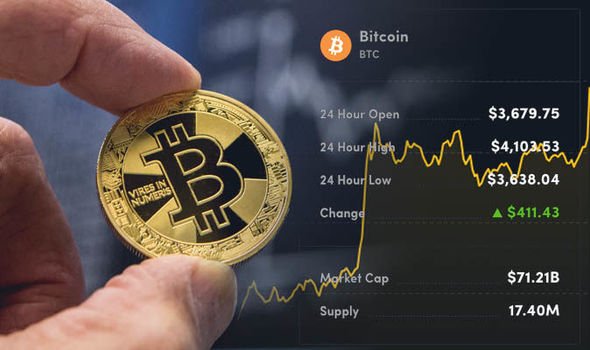Bitcoin is a decentralized digital currency that was invented in 2008 by an unknown person or group using the name Satoshi Nakamoto. Transactions are made with no middlemen – meaning, no banks! Bitcoin can be used to book hotels on Expedia, shop for furniture on Overstock and buy Xbox games. But much of the hype is about getting rich by trading it. The price of bitcoin skyrocketed into the thousands in 2017.

Bitcoin is a type of cryptocurrency, which means it is a digital currency that uses encryption techniques to regulate the generation of units of currency and verify the transfer of funds. Unlike traditional currencies, bitcoin operates independently of a central bank and uses a public ledger called a blockchain to record all transactions.
One of the main benefits of bitcoin is its decentralization. Unlike traditional currencies, which are controlled by a central authority like a government or central bank, bitcoin is completely decentralized. This means that no one person or organization has control over the network, and no one can manipulate the supply of bitcoin.
Bitcoin has gained widespread adoption over the years, with many merchants and businesses accepting it as a form of payment. However, its volatile nature has also led to some controversy and criticism. The price of bitcoin can fluctuate wildly, making it a risky investment for some.
Despite this, many investors still see bitcoin as a valuable asset, and it continues to gain popularity around the world. As the technology behind bitcoin continues to evolve and improve, it is likely that we will see even more widespread adoption of this revolutionary digital currency in the years to come.